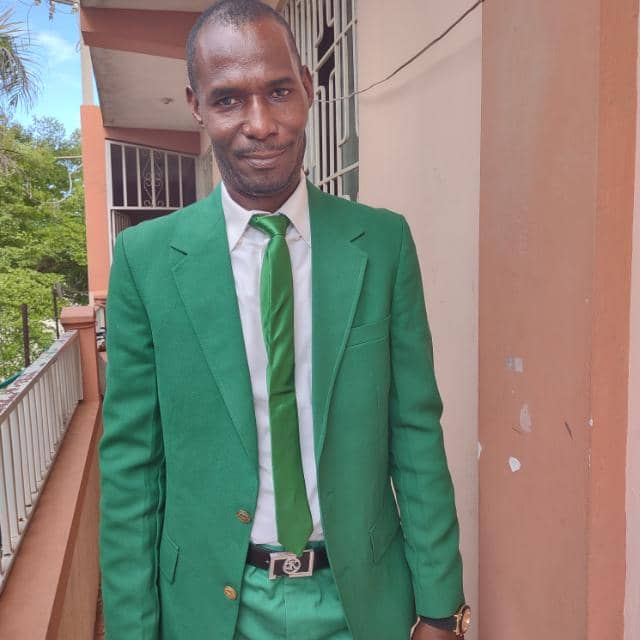Haitian radio journalist Maxo Dorvil fled the country on November 7, 2023, after reporting that he was shot at twice in less than two weeks near his home on the outskirts of the capital Port-au-Prince.
The 44-year-old journalist with the independent broadcaster Radio Télé Zip said he was shot at by two armed men on motorbikes who tried to block the road as he was driving home on September 29 in the Croix-des-Bouquets suburb on the northern outskirts of the city.
He believed the assailants were gang members and told CPJ he was later contacted by a member of the feared Mawozo 400 gang, who demanded payment of $1,700 as “protection money.”
Dorvil went into hiding but says he was attacked again on October 9 by half a dozen armed men while he was trying to visit his home.
“They tried to kidnap me. They hit the car and told me to get out. I refused,” he told CPJ in a phone call. He said one of the men fired a bullet through his windshield before he was able to get away.
Both incidents were reported to the police and the local judiciary visited the scene of the crime to speak to Dorvil, according to documents provided by Dorvil.
A witness, Wilmare Etienne, who is Dorvil’s brother-in-law, also provided a notarized statement in which he said that government collusion with the armed gangs had created a “general state of fear” that left Dorvil no option but to leave the country. “There is no guarantee of safety for anyone doing their job as a journalist in Haiti; their life is always in great danger,” Etienne added.
On November 7, Dorvil left the country and sent his family to live with relatives in another part of Haiti. “I can’t go back to Haiti right now. I’ll be killed if they find me,” he told CPJ.
For the last two years, armed gangs have taken control of large parts of the capital, including Croix-des-Bouquets, terrorizing the population with impunity after police and judicial authorities were forced to abandon their posts. In several cases, journalists have been swept up in the gang violence. At least six journalists were killed in Haiti in connection with their work in 2022 and 2023, placing Haiti as the third-worst country on CPJ’s 2023 Global Impunity Index.
In Dorvil’s case, it was not clear whether the attacks were related to his journalism. While his reporting occasionally involved criticism of the gangs, he was never directly threatened because of his coverage.
Dorvil said he began receiving threats from the Mawozo 400 in late 2022 while carrying out construction on his house. “The gangs think journalists are rich and they demand money as a tax on people who live in the neighborhoods under their control,” said Dorvil, who previously worked as a press officer for the Ministry of Public Health. “They need the money to buy guns and pay their members,” he added.
The head of the Mawozo 400 gang, Joseph Wilson, alias Lanmò San Jou, is wanted by the FBI for his alleged role in the kidnapping of a group of Christian missionaries from the U.S. and Canada in October 2021.
Dorvil provided CPJ with a handwritten letter he received from the gang leader in late 2022, accompanied by two bullets. In it, Wilson informed Dorvil that he knew where he lived, and that he and his family would be killed if he did not pay the money.
